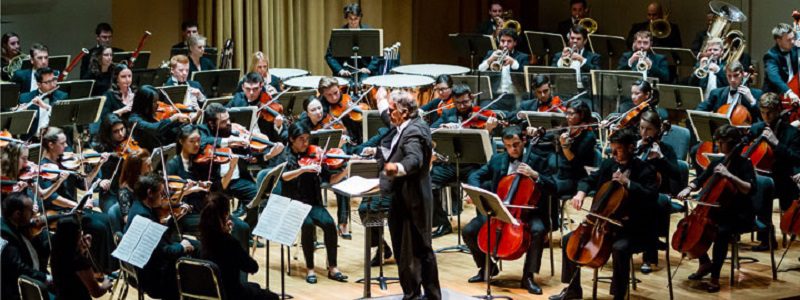Claims and Counter-Claims for Use with the Refutation Two-Chance Activity
Overview
Refutation is probably the most under-appreciated, under-taught, and the most essential and irreducible of all of the components of academic argument. To Argument-Centered Education, refutation should be broadly conceived, but very rarely omitted from argument-centered instruction, or held off till later.
Defined capaciously, refutation is anything a writer/speaker does when they differentiate their own view from that of another view. In effect, when someone is agreeing with a difference, or partially agreeing, or partially critiquing, or anything else they do other than 100% complete agreement, we understand this as “refutation.” Writers or speakers are asking that their view substitute for the other person’s view — even if their view is the other person’s view plus or minus some small correction, etc.
Tackling the Immigration Issue in Micro-Macro Debates (Pt. 2)
Overview
We have helped support partner schools in tackling the immigration issue in Micro-Macro Debates this school year, and we have observed patterns in student academic performance and teacher implementation practices that we’ve shared with those schools. Regular readers of The Debatifier might recognize this technique — one that we both employ in our partnerships and encourage partner teachers to use in their classrooms — as the “analytics” that are a form of direct feedback to students around themes of proficiency and deficiency demonstrated in a classroom.
Tackling the Immigration Issue in Micro-Macro Debates (Pt. 1)
Overview
Thanks largely to the 2016 presidential election, the immigration debate in the U.S. has exploded. What has always been a controversial and multi-faceted issue — literally since the founding of the nation — has become a politically contentious, widely-protested, and complex debate, being played out everywhere from the halls of power in D.C. to the nation’s airports to small town and mid-size city public squares to social media platforms of all kinds.
Argument-Centered Education sees in the public controversy over immigration an excellent opportunity to harness its energy, urgency, and immediacy for the benefit of social science or even informational text oriented English language arts instruction. By bringing crucial debates such as this one into our classrooms, we teach students the critical thinking and critical literacy skills that they need — that our society needs — to pursue truth, to distinguish fact from propaganda and spin, to make rational and evidence-based evaluations and judgments. Students become better citizens this way, and they are more likely to be civically engaged. And bringing debates into the classroom lets us have our cake while we eat it too: these are the same college-directed reasoning and evidence-evaluation habits of thinking that standardized testing — PARCC, Smarter Balanced, the New SAT, the PSAT, the latest iterations of the ACT — are increasingly designed around. Well-designed and effectively implemented argumentation curriculum on a complex issue like immigration is the key to both civic engagement and college readiness.
Kafka’s ‘Metamorphosis’ and Argument Stations
Only with his last glance did he see how the door of the his room had been torn open, how the mother ran out in front of the screaming sister (mother was in her underwear because the sister had undressed her to help her breathe more easily when she fainted), and how the mother then ran to the father; on her way to him, her fastened skirts slid one after another to the floor and as she tripped over the skirts, she assaulted the father and threw her arms around him, uniting wholly with him – Gregor’s sight then failed him – as she put her hands on the back of the father’s head and bade him spare Gregor’s life (48-49).
— Franz Kafka, The Metamorphosis (1915)
Music and Argument: Helping Students See the Underlying Unity of Academic Work, Even in Music
God has given us music so that above all it can lead us upwards. Music unites all qualities: it can exalt us, divert us, cheer us up, or break the hardest of hearts with the softest of its melancholy tones. But its principal task is to lead our thoughts to higher things, to elevate, even to make us tremble . . . . The musical art often speaks in sounds more penetrating than the words of poetry, and takes hold of the most hidden crevices of the heart . . . . Song elevates our being and leads us to the good and the true.
— Friedrich Nietzsche (1888)






